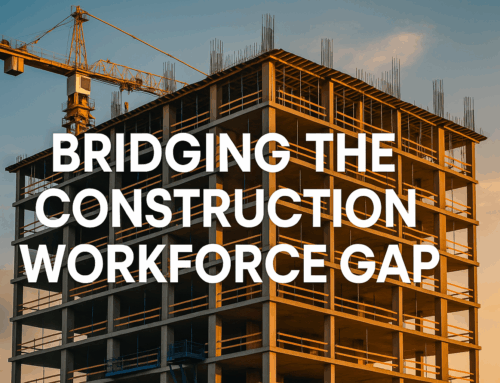Last month, President Trump signed an order that will allow employers to defer payroll tax from September 1st to the end of the year. This means some construction professionals will have higher paychecks for the rest of the year. The deferral won’t affect employees who earn more than $4,000 biweekly. At the moment, the deferred withholdings will need to be repaid next year, but that could possibly change. While there are many unknowns about how effective the payroll tax deferral will be in alleviating the financial stress on everyday American workers, the deferral is going to have an impact on construction firms.
Who Is Liable?
The biggest question surrounding the deferral is whether employees will need to pay back the withholdings next year. While Congress could vote to forgive the deferred tax, if they decide not to, the money will need to be returned to the Treasury Department. It is uncertain how this would play out. Employees who participate in the deferral might have smaller paychecks in the first several months of the new year. There is also a chance that liability could fall on the employers because the order doesn’t clarify what happens if an employee can’t repay the money or if they quit during the deferral period.
Participation Level
It is likely that many employers will choose not to participate in the payroll tax deferral because at this point it is assumed that participating will mean more money will need to be withheld from their 2021 payroll. Though, some may choose to participate in hopes that Congress decides to forgive the deferred withholdings. Others won’t want to take the risk, especially since there is still a lot of uncertainty regarding the state of the economy. Federal employees will automatically participate in the program.
Some construction firms might also be reluctant to participate. Many payroll systems aren’t set up to handle this kind of deferral so it could be seen as an inconvenience.
Coronavirus relief has been a controversial topic throughout the summer. Neither the legislative and executive branches nor the Democratic and Republican parties are on the same page. As a result, the way the payroll tax deferral will play out isn’t set in stone. For example, Democrats are still trying to block the deferral. A lot will likely depend on how many employers decide to participate and how the economy progresses from now until the end of the year. If there are a substantial number of employees who receive lower paychecks next year because of deferrals, there will be more pressure to forgive the deferrals. At the end of the day, there is still a lot of uncertainty about the impact the order will have on the construction industry and on overall economy.
How can we help you?
Searching for an opportunity in the construction industry? Contact The Birmingham Group’s team of seasoned commercial construction recruiters today to discuss your career path or browse our open positions.
Are you a hiring authority in need of construction talent? Submit a search request today.
–





